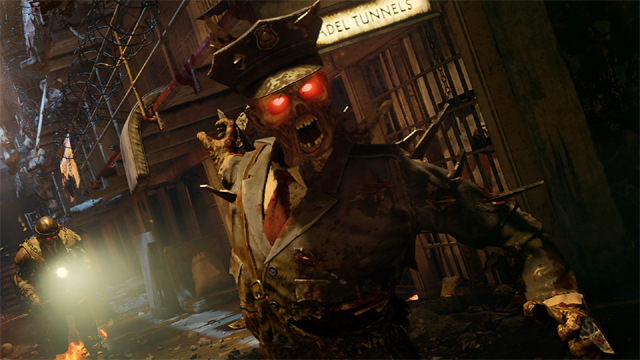If you’re reading this, you probably agree that video games are pretty rad. From vast intergalactic space operas to forlorn medieval landscapes, there’s no shortage of fantastical worlds for players to lose themselves in. Despite all the imagination that fuels this medium, however, developers can often rely on the same old mechanics in their games. Though there are times when we all lack a little inspiration, the following video game clichés are inexcusable and just need to end already. Hey, I’m asking nicely here.
Video Game Clichés That Should Die – Looking After NPCs
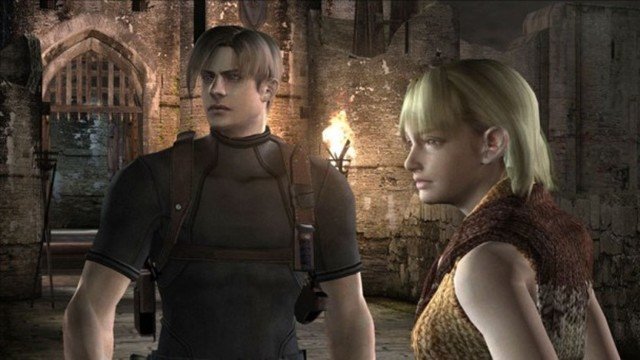
The term “escort mission” is enough to send some gaming enthusiasts fleeing out of a room in a hurry. Though not every video game companion is annoying (Ellie from The Last of Us and Elizabeth from Bioshock Infinite come to mind), there are plenty that demand players to watch after their every move, lest they do something stupid that gets them killed.
Escort missions that allow players to direct or heal NPCs are a bit easier to digest, though the responsibility is put solely on the player to complete the mission from then on. In any case, the whole premise of taking care of in-game characters adds a level of stress onto what should be a fun, carefree experience.
Video Game Clichés That Should Die – Explosive Barrels
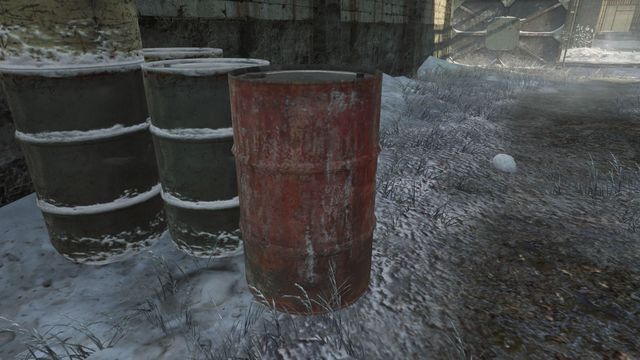
Explosive red barrels are everywhere. Be it an action adventure, survival horror, or first-person shooter title, the industry unabashedly uses this gameplay convention to allow players to blow up groups of enemies at once. No one knows its origins or why it’s so widely accepted today, though some suggest that Konami’s Teenage Mutant Ninja Turtles: The Arcade Game and id Software’s Doom popularized the phenomenon.
Shooting a barrel of flammable petrol in real life doesn’t do much aside from opening up a hole. Explosions need ignition and pressure to exist. It can be easy to assume that barrels filled with fuel are highly susceptible to gunshots, but that’s just not how physics work. Video games may have instilled an unreasonable fear of red barrels into a whole generation of human beings. Honestly, I can’t say I didn’t fall for it.
Video Game Clichés That Should Die – Quick Time Events
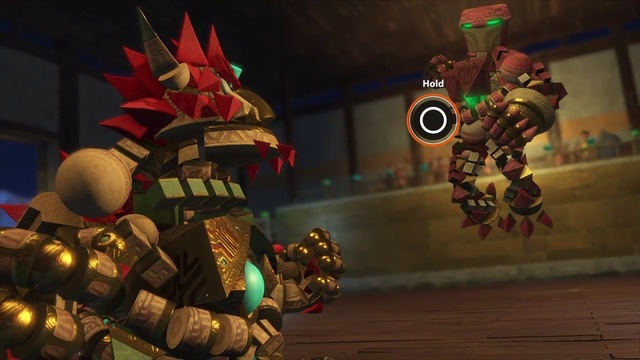
When implemented the traditional way, quick time events are used to immerse players in a sequence that they would otherwise be passively viewing. This is the case with games like Resident Evil 4 and the original God of War, where there are QTEs meant to excite fans for an upcoming level or a fight at hand. As this phenomenon began to become widely accepted, developers may have taken it a bit too far.
Some games like Heavy Rain, Ryse: Son of Rome, and The Walking Dead are almost entirely based around QTEs. Some critics argue that in these cases, the mechanic replaces the actual gameplay that could be taking place on the screen. Regardless of your opinion on QTE-heavy titles, there’s no doubting the fact that many studios use the mechanic too often to pad their experiences. There’s seriously no harm in sitting through cutscenes.
Video Game Clichés That Should Die – Zombies
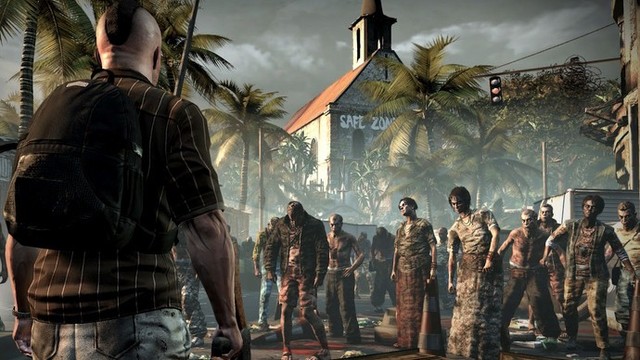
It seems as though every other game that releases nowadays features zombies. Though it’s to be expected in every major Call of Duty entry at this point (including Black Ops 4), titles from this year like Overkill’s The Walking Dead, State of Decay 2, and Metal Gear Survive are proof that developers and publishers see the phenomenon as something lucrative enough to keep making games for.
The trend won’t stop there, as Days Gone and The Last of Us Part 2 promise even more zombie “fun” in the near future. Even though these games feature alternate takes on the concept (although Days Gone less so), companies won’t stop making zombie games if people keep buying them. If Resident Evil 7 serves as any indication, however, sometimes it’s good to break away from the trend and focus on other horror elements instead. If it worked for the franchise that’s nearly synonymous with zombie games, it can work for another series too.
Video Game Clichés That Should Die – Rhythm Minigames
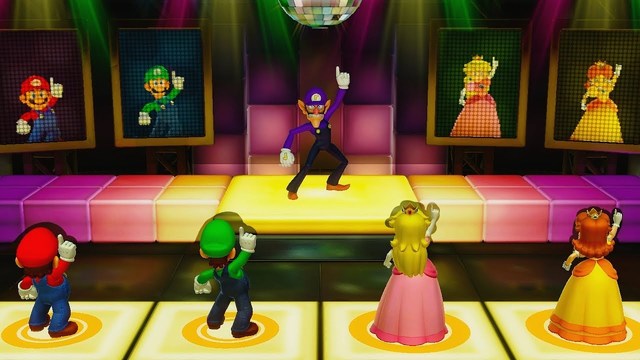
Some people just can’t dance. Rhythm minigames are nightmares for this crowd, as there’s not a single cell in their bodies that can move in tandem with the beat playing onscreen. What makes things worse is when these sequences just come out of nowhere. In Mario Party, it may be expected. In games like God of War 3 and Jak II, however, the mechanic is woefully out of place and often lack actual rhythm. Rhythm minigames are slowly dying away in modern times, perhaps due to their irrelevance in a maturing AAA gaming landscape. Maybe there are less people who know how to dance now, too.
Video Game Clichés That Should Die – Choices That Don’t Really Matter
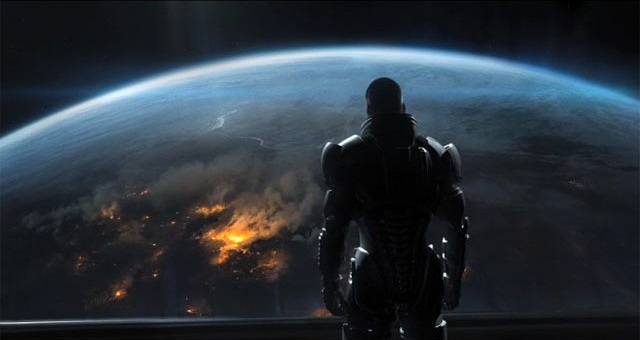
A lot of gaming franchises today are built on the concept of player choice. Fans are free to choose from an array of in-game dialogue options to trigger tailored responses from characters. Oftentimes, these choices can be designated as positive or negative depending on the situation. Choosing a consistent number of positive options may result in a different outcome than choosing a series of negative ones. The game’s world is supposedly totally manipulated by the player’s whim.
As great as all of this sounds, few titles deliver on choices that matter, especially when it comes to a game’s conclusion. Endings in many of these games devolve to a handful of options, and every player will either see ending A, B, or C before the credits roll. The choices often shape the moment right in front of you but it would be feel more impactful if these choices all coalesced into something more cohesive at the end. It’ll be interesting to see how developers attempt to remedy this cliché going forward given how developers are taking narrative more seriously with each passing year.
With technology becoming more immersive as days go by, there are more ways to capture player interest now than ever before. Video games are becoming more accepted as millennials become parents and the next generation of eager fans picks up the controller. The clichés listed above should be avoided by AAA developers going forward to keep the medium innovative and fresh. Or everyone could just keep making battle royale games. I guess that works too.
